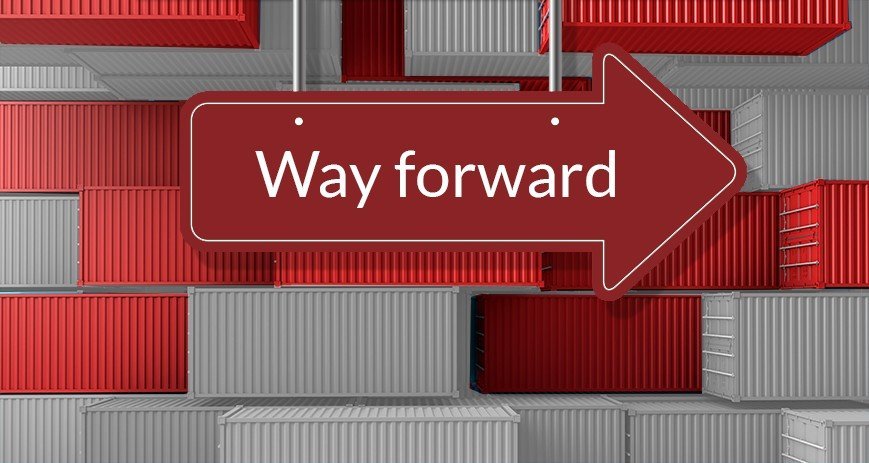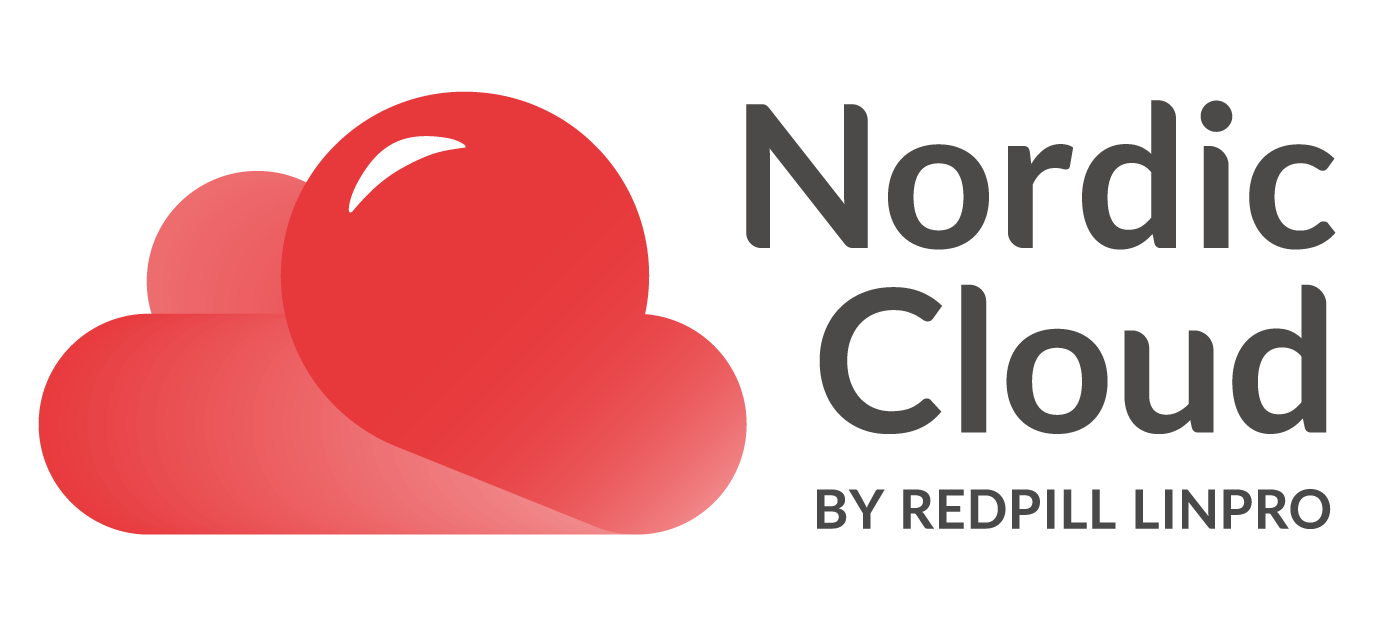This post appeared originally in our cloud microsite and has been moved here following the discontinuation of the blogs part of that site
You might have heard about containers and how they greatly benefit innovation, but why?
A container platform, or Platform as a Service (PaaS), is in many ways the wheels of DevOps and Agile delivery. In short, these platforms make it simpler to run and develop applications.
As the name container itself implies, all the dependencies your micro-service needs to run is packed into a standardised carrier. It now has an environment to run and a clearly defined interface in order to communicate with other services.
Containers also facilitates the growing popular idea of decoupled architecture. The application architecture is split up into smaller micro-services which then run in separate containers. Each and every container is then run on top of a container platform, and orchestrated automatically by services such as Kubernetes and OpenShift. This decoupled architecture is the modern way of Software Engineering.
Below I have collected the top four business benefits and opportunities for moving over to a container-platform:
Easy to get started with
Whether you struggle with a monolithic legacy application, or are just starting up, a container platforms is relatively easy to get aboard with. All major cloud providers offer their own container Platform as a Service. Meaning, in all simplicity ,you only need to bring your code in order to start running your applications.
From a startup’s point of view, it is essentially plug and play. But even companies struggling with legacy infrastructure can make fast use of PaaS platforms, by shaving off and rewriting smaller parts from a monolithic application. Gradually migrating to a segmented container platform.
Higher productivity
As noted earlier, containers drive DevOps and Agile delivery. Splitting up your architecture into smaller services, makes it easier to maintain, develop, debug and add features to your code. Setting up a container platform with Continuous Integration and Continuous Deployment (CI/CD) in addition, will provide a self-service platform. Then you will no longer depend on operations provisioning the code on test, staging or production platforms. CI/CD lets developers test the code and deploy it themselves, but also roll it back if there is a problem and then roll out again after a fix.
Smaller, faster releases result in faster development cycles and ends in higher productivity.
More time to innovate
Companies undoubtedly need to evolve and innovate fast to keep their customers continuously using their services. However, normally far too many IT resources are bundled up in maintaining and managing legacy infrastructure. This means less time to focus on improving and on innovation.
Container-platforms can be automated all the way from deployment, scaling and up to provisioning of compute resources. By running applications on such a platform, developers can now focus more on making new features and building new apps and less on provisioning.
Operations can focus more on operating a stable platform and will deal less with provisioning of code.
Faster time to market
From a brilliant whiteboard idea to market release, companies struggling with legacy infrastructure will necessary stumble upon some obstacles on the way. What should be a quick release for hitting that new market trend, results in delays and sometimes no release at all. This while competition is already out with their brand new solutions, helping themselves to new customers.
Having applications running as micro-services, you can quickly change and switch entire parts of you application stack without affecting other services. A container is as easy to start as it is to kill off and replace, having a split architecture through container platforms will therefore accelerate faster deployment to your customers.
In summary, there is no doubt that containers and PaaS is the way forward, and as all major Cloud Providers have container platforms as a service, making it easier to move over to PaaS one micro-service at a time.Redpill Linpro can help you with your PaaS strategy, both with choosing the correct platform, planning, migration and optimisation.
More to explore
We have expertise in container platforms on both AWS and Open Source, and offer our own Redpill Linpro Nordic Cloud Container Platform with guaranteed data storage in Norway.
Sequential Tekton Pipeline Runs
Tekton is a neat Kubernetes native CI/CD system. In this article we will explore what Kubernetes native means and show how this allows us to implement CI/CD features that are not present in Tekton itself by leveraging the power of the Kubernetes API. As an example, we will show how to ensure that Pipelines do not run in parallel.
... [continue reading]

